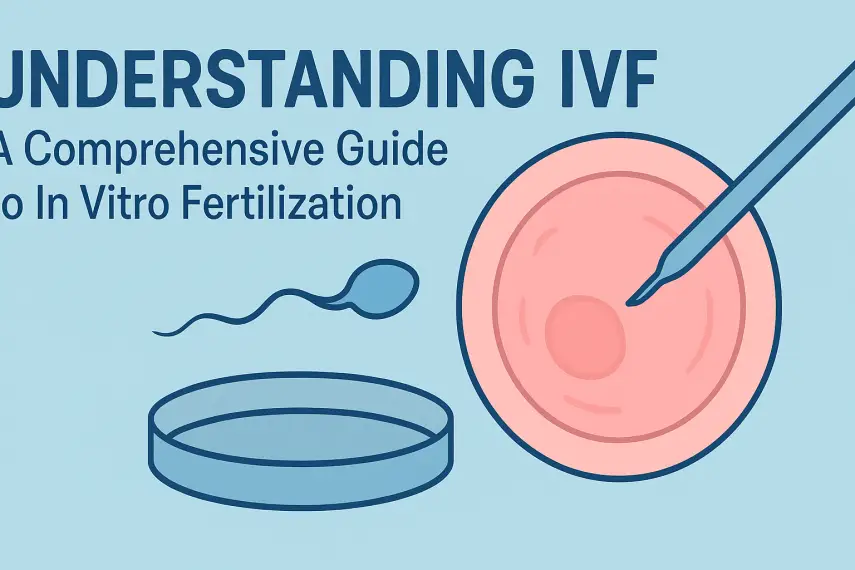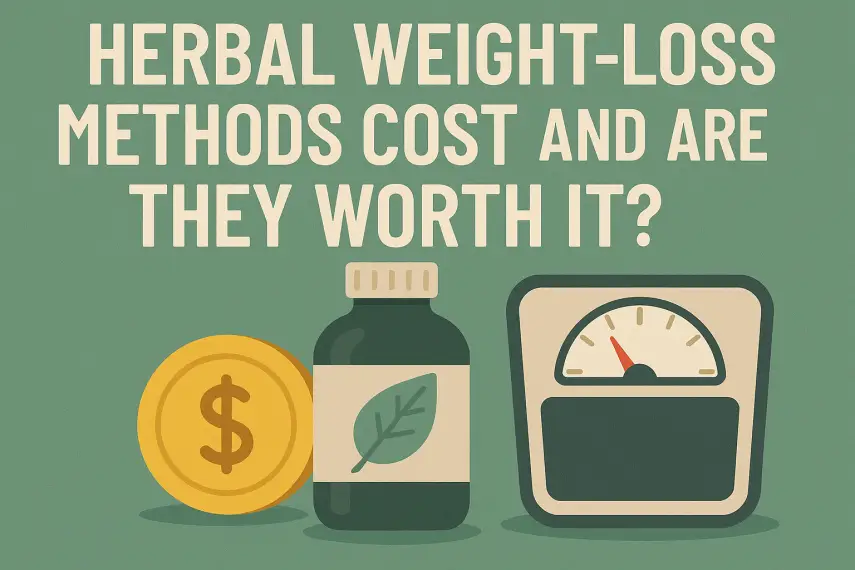
Herbal Weight-Loss Methods Cost and Are They Worth It?
📑 Contents
Herbal weight-loss methods have become increasingly popular among those seeking natural alternatives to traditional dieting and pharmaceuticals. But with the wide variety of herbal supplements, teas, and treatments on the market, many are left wondering: What do these methods really cost, and are they worth the investment? This article explores the expenses, evidence, and value behind herbal weight-loss options so you can make an informed decision.
Understanding Herbal Weight-Loss Methods

Herbal weight-loss methods refer to products and practices that use plant-derived ingredients to support weight reduction. These can include:
- Herbal teas (green tea, oolong, yerba mate, etc.)
- Dietary supplements (capsules, powders, tinctures)
- Traditional remedies (Ayurvedic, Traditional Chinese Medicine blends)
- Topical preparations (creams, patches, oils)
Common active ingredients found in these products include green tea extract, Garcinia cambogia, hoodia, glucomannan, konjac root, and bitter orange, among others.
Cost Breakdown of Herbal Weight-Loss Methods
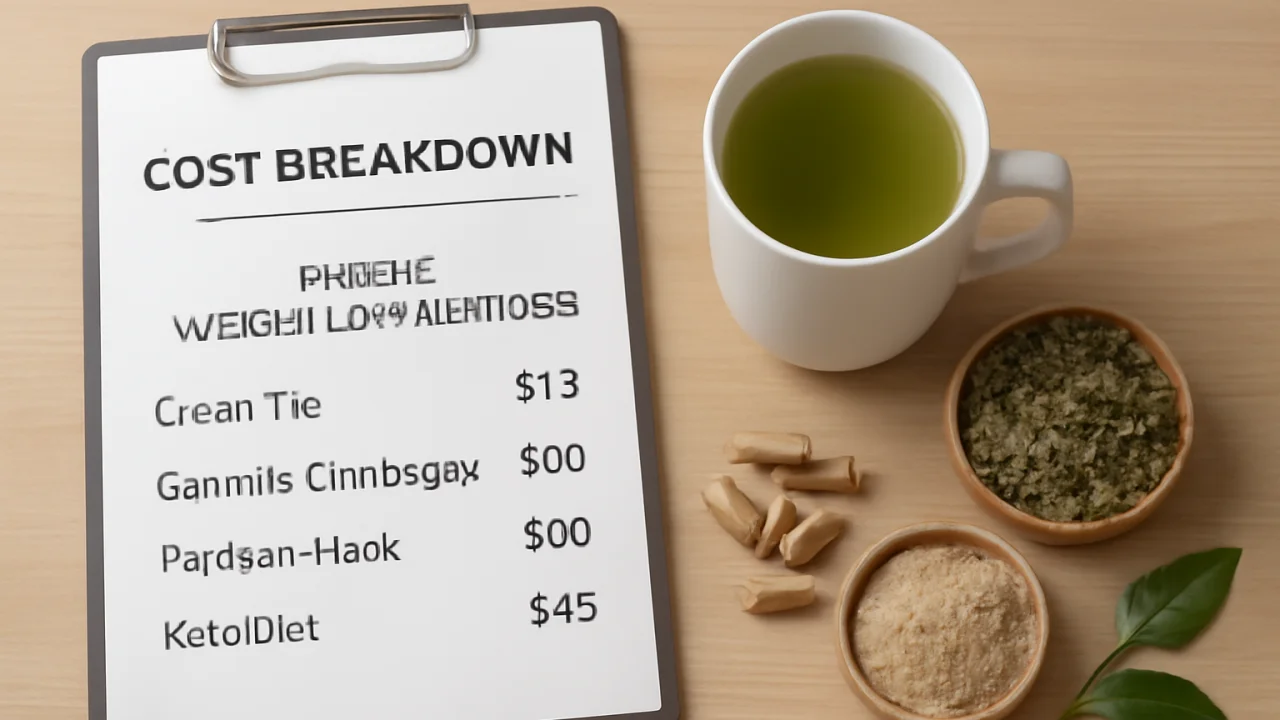
The cost of herbal weight-loss products varies widely depending on the form, brand, and dosage. Here is a comparison table of popular options:
| Product Type | Average Monthly Cost (USD) | Typical Use |
|---|---|---|
| Herbal Teas | $10 – $40 | 1–3 cups daily |
| Capsule Supplements | $20 – $70 | 1–2 capsules, 2–3 times daily |
| Traditional Herbal Blends | $30 – $60 | As directed (varies) |
| Topical Products | $15 – $50 | Applied to skin daily |
Additional Costs to Consider
- Consultation with an herbalist or naturopath: $50–$150 per session
- Shipping fees and import taxes (for international brands)
- Long-term use: Many products recommend three months or more for observable results
Are Herbal Weight-Loss Methods Backed by Evidence?

While some herbal ingredients have shown modest weight-loss benefits in clinical studies, the evidence is mixed and often limited. For example:
- Green tea extract: Some studies suggest it may increase metabolism slightly, leading to minor weight loss.
- Garcinia cambogia: Research results are inconsistent; effects on weight loss appear small or negligible.
- Glucomannan: Some clinical trials indicate it can promote a feeling of fullness, potentially reducing calorie intake.
Many herbal products lack large, high-quality studies to support their claims. Additionally, the effects are often smaller than those seen with prescription medications or significant lifestyle changes.
| Ingredient | Evidence Strength | Reported Weight Loss |
|---|---|---|
| Green Tea Extract | Moderate | ~1–3 kg over 12 weeks |
| Garcinia Cambogia | Low–Moderate | ~0.9 kg (varied) |
| Glucomannan | Moderate | ~1–2 kg over 8 weeks |
| Bitter Orange | Low | Inconclusive |
Safety and Side Effects

Herbal does not always mean risk-free. Some herbal weight-loss products can cause side effects or interact with medications. Common issues include:
- Digestive upset (nausea, bloating, diarrhea)
- Headache or dizziness
- Increased heart rate or blood pressure (especially with stimulants like bitter orange)
- Potential liver or kidney toxicity (rare but reported with certain herbs)
Always consult a healthcare provider before starting any new supplement, especially if you have underlying health conditions or take prescription medications.
Comparing Herbal Weight-Loss to Other Methods
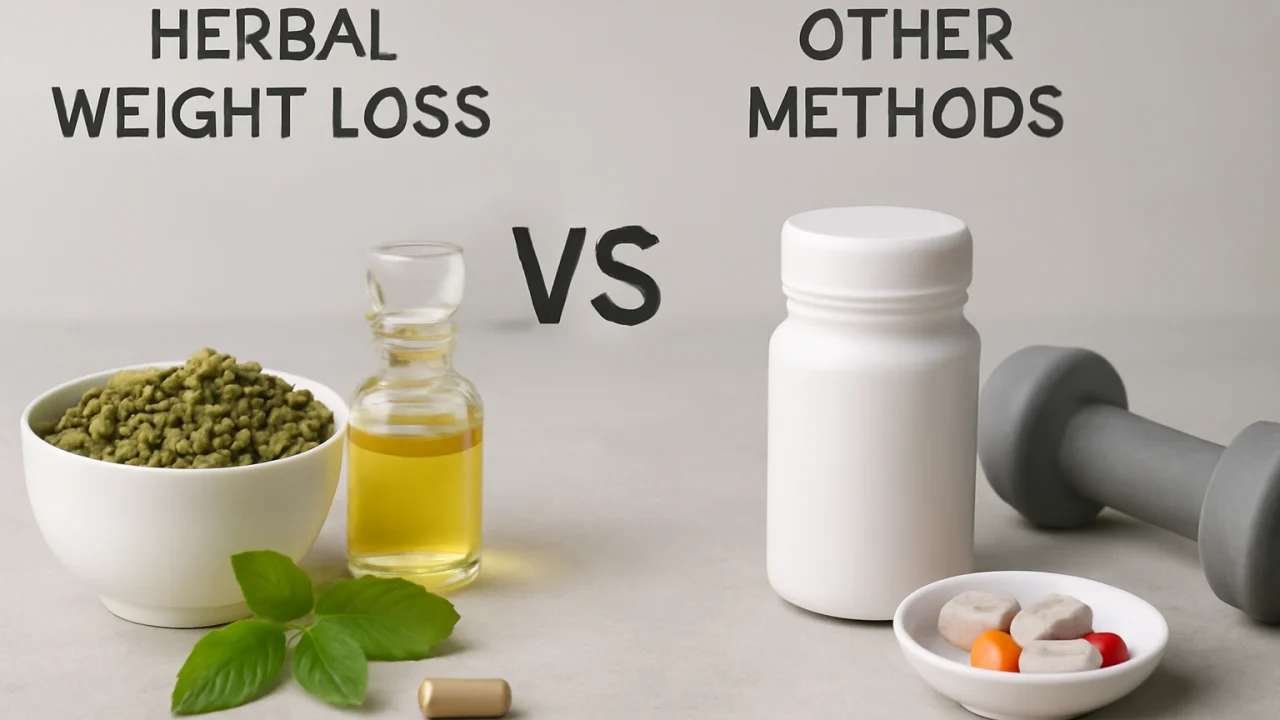
| Method | Average Monthly Cost | Evidence for Weight Loss | Safety |
|---|---|---|---|
| Herbal Supplements | $20–$70 | Low–Moderate | Generally safe, some risks |
| Prescription Medications | $50–$200 | High | Medical supervision required |
| Commercial Diet Programs | $40–$150 | Moderate | Varies |
| DIY Diet & Exercise | $0–$50 | High (with adherence) | Generally safe |
Factors to Consider Before Choosing Herbal Weight-Loss Methods

- Personal health status: Medical conditions, allergies, and medications may affect safety.
- Budget: Herbal methods can add up over time, especially if used long-term.
- Expectations: Most herbal products offer modest results and work best alongside diet and exercise.
- Regulation: Herbal supplements are less strictly regulated than pharmaceuticals; quality varies.
FAQs: Herbal Weight-Loss Methods Cost and Value
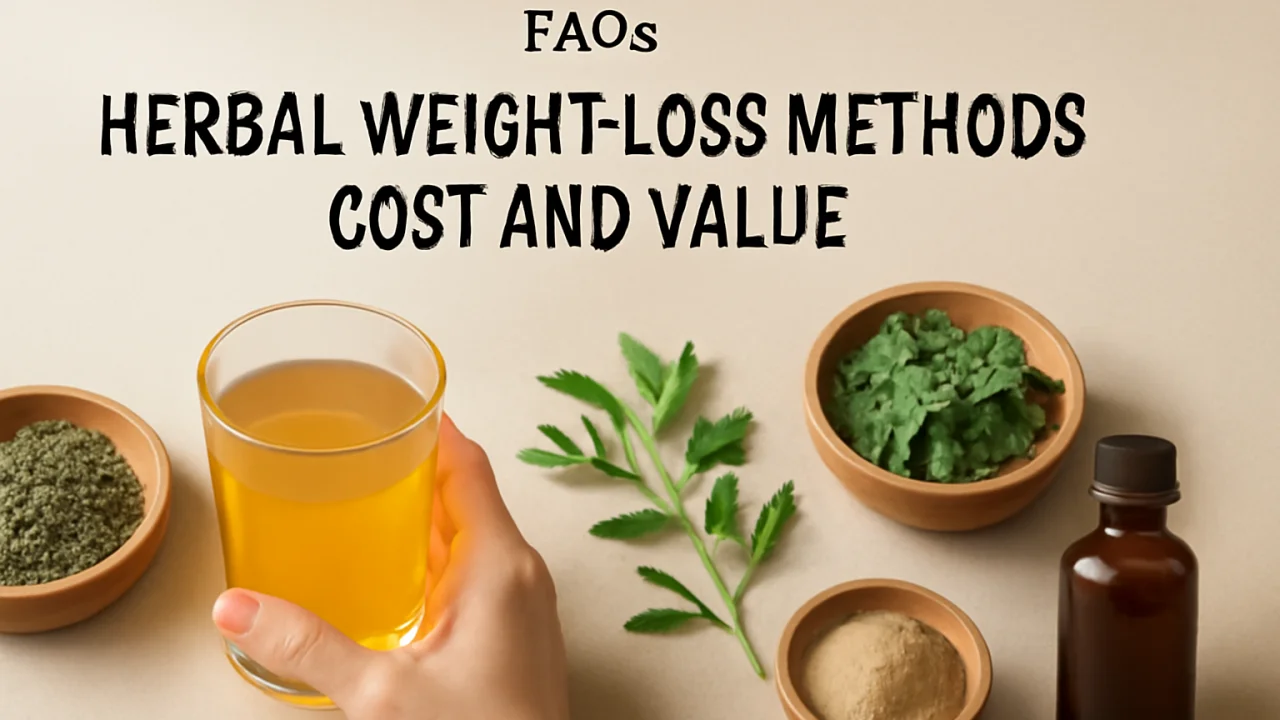
- Q1: Are herbal weight-loss products expensive?
A: Costs range from $10 to $70 per month, depending on the type and brand. Over several months, total expenses can add up. - Q2: Do herbal weight-loss methods really work?
A: Some have limited evidence for modest effects. Results vary widely by product and individual. - Q3: Are herbal supplements safer than prescription weight-loss drugs?
A: They are generally safer but not risk-free. Some herbs can cause side effects or interact with medications. - Q4: How long should I use herbal weight-loss products?
A: Many manufacturers recommend at least 2–3 months. Always follow usage instructions and consult a healthcare provider. - Q5: Can I use herbal remedies with other weight-loss methods?
A: Sometimes, but check for interactions and consult with a healthcare professional first. - Q6: Are herbal weight-loss methods regulated?
A: Not as strictly as prescription drugs. Product quality and ingredient accuracy can vary. - Q7: Is there a guarantee for weight loss with herbal products?
A: No herbal product can guarantee weight loss. Individual results depend on multiple factors. - Q8: What should I look for when buying herbal weight-loss products?
A: Choose reputable brands, check for third-party testing, and avoid products with undisclosed ingredients.
Conclusion: Are Herbal Weight-Loss Methods Worth the Cost?

Herbal weight-loss methods can be a part of a broader approach to weight management, especially for those seeking natural options. However, the cost can become significant over time, and the scientific evidence supporting their effectiveness is generally modest. Safety is another consideration, as not all products are risk-free or well-regulated.
If you choose to try herbal remedies, do so with realistic expectations, prioritize reputable products, and consult with a healthcare provider. Remember, lasting weight loss is most reliably achieved through sustainable diet and lifestyle changes. For more information on weight management strategies, visit isayinfo.com and explore our in-depth guides.




